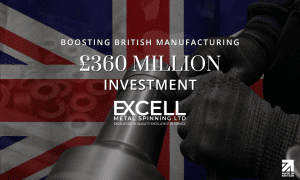
Boosting British Manufacturing: A £360 Million Investment
Boosting British Manufacturing: A £360 Million Investment Facebook Twitter LinkedIn WhatsApp Email It’s been declared ahead of the Budget that Chancellor Jeremy Hunt will announce
Share this article:
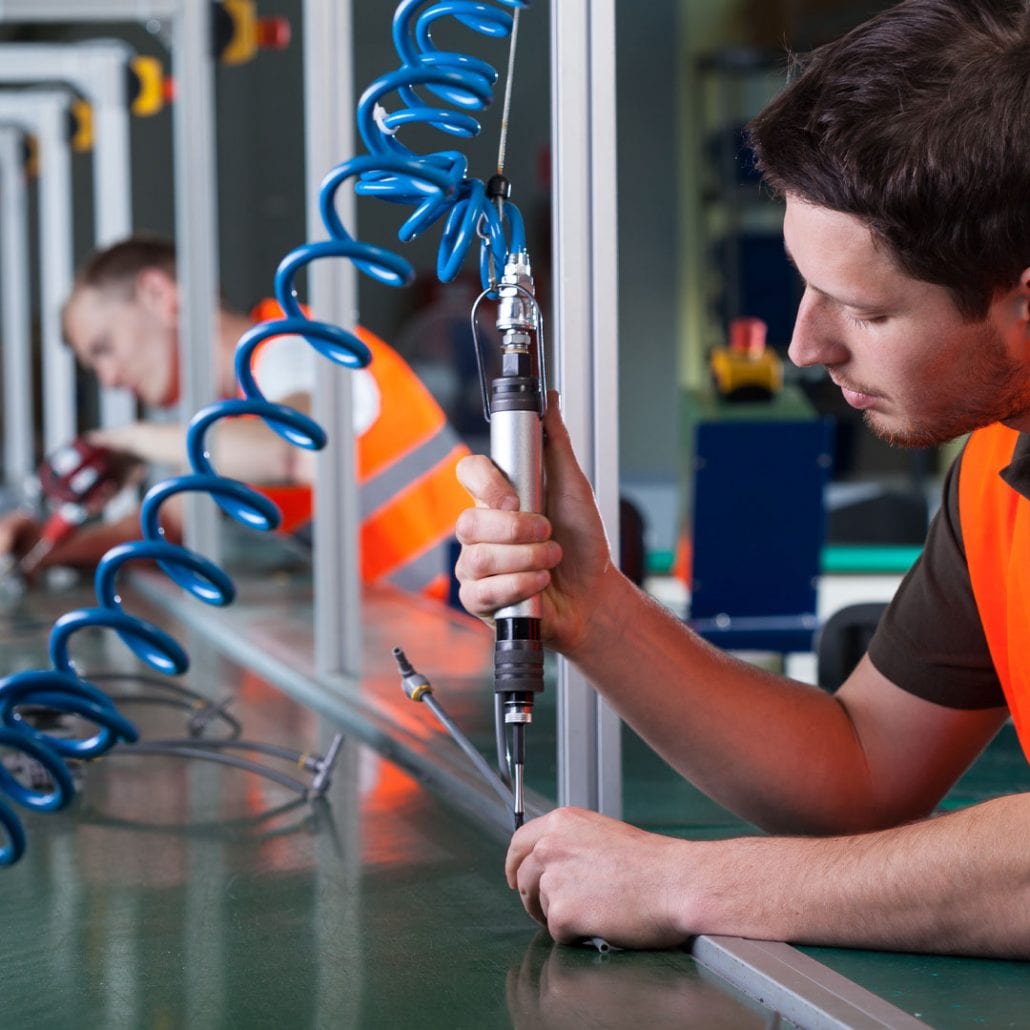
You probably already know how integral manufacturing processes are to the success of your operational efforts and subsequent customer relationships. Which is why it is exceptionally important on easily identifying manufacturing processes and what they involve. And In doing so, giving you and your company a better idea of what you will need for your production lines.
Without a blog, you will find yourself experiencing a number of problems such as downtimes, lack of understanding on what process work best for what type of organisation, and in worst case scenarios, damaged customer relationships because the wrong process were enforced. And to improve your supply chains, it’s best to grasp a better understanding of the different types of manufacturing processes.
This blog will cover Discrete manufacturing, in which we will guide you through what it is and distinguish its differences between process manufacturing (which it is commonly confused with).
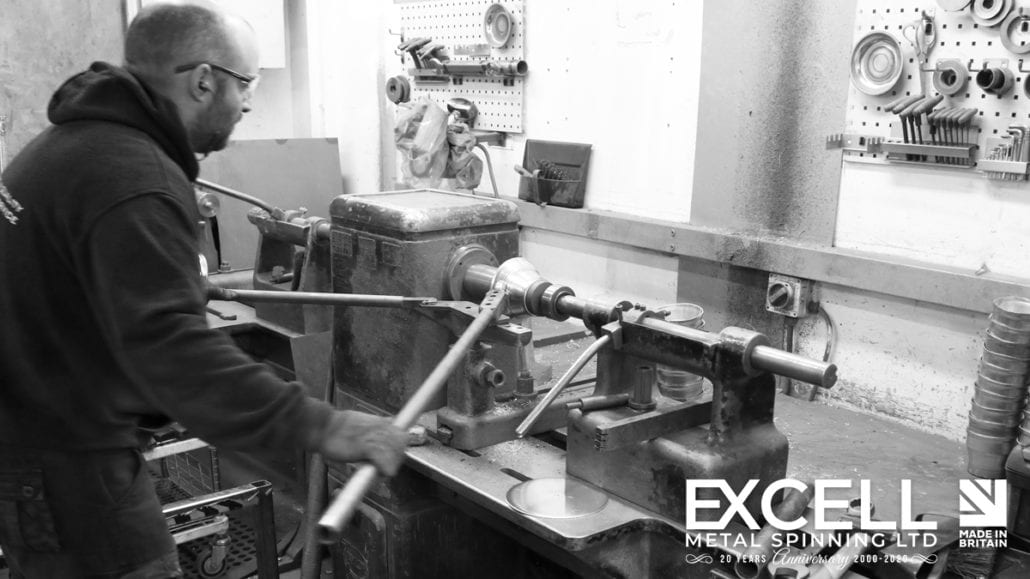
Discrete Manufacturing is the production of specific items that are easily distinguishable and doesn’t follow sequential steps or formulas. Often, manufacturers will focus on the production of individual components that may come together to form the final product.
The Discrete Manufacturing Process has several characteristics that can be easily identified in the production of distinct products and components. These include (but not limited to):
As you begin homing in on your manufacturing process knowledge, you will eventually come across various terms such as process manufacturing. The easiest way to differentiate processes like Repetitive and Discrete from process manufacturing is that the latter use gases, liquids, powders and slurries in production.
Read about The five / six types of manufacturing process to see how they compare with one another. In case you come across a manufacturer who wants to compare discrete manufacturing against Process manufacturing – or you’re searching the answer for yourself – let’s explore the differences. Then we’ll take a look at some examples.
There are underlying differences that manufacturers can identify to differentiate Discrete manufacturing processes from Process manufacturing.
Process Manufacturing utilises formulas or recipes when producing products. As previously mentioned, Process manufacturing utilises liquids, gases, powders and slurries as its raw materials. It also:
Discrete Manufacturing utilises Bills of Materials (BOMs) when producing products and components. It also takes advantage of production lines to assist with assemblies. It is also:
Identifying manufacturing processes is important and can help you efficiently manage the resources and energy efficiently. It will set the foundations for your manufacturing procedures and ensure that a level of traceability is created in addition to identifying the best possible way to effectively meet customer demand. Read the full guide above to identify if discrete manufacturing is the right process for your organisation!

Boosting British Manufacturing: A £360 Million Investment Facebook Twitter LinkedIn WhatsApp Email It’s been declared ahead of the Budget that Chancellor Jeremy Hunt will announce
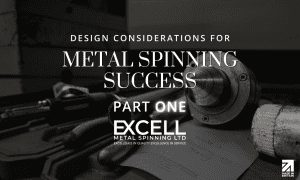
There are many design considerations businesses should considers to get the most out of their metal spinning supply. Read Part One here

Manufacturing plays a pivotal role within the UK, shaping society and innovating like no other. It is the most productive sector in the UK
Units 9 & 10 Gunners Building, Limberline Road, Hilsea
Portsmouth, PO3 5BJ
(+44) 02392-666456
Sales@excellmetalspinning.com